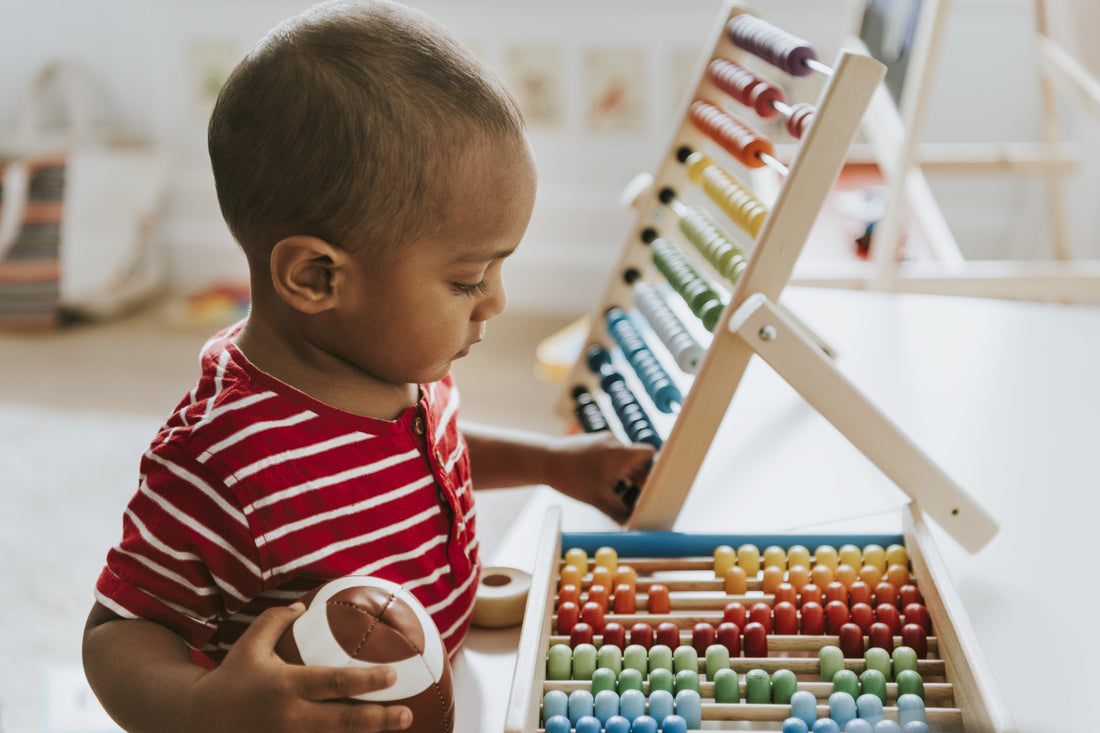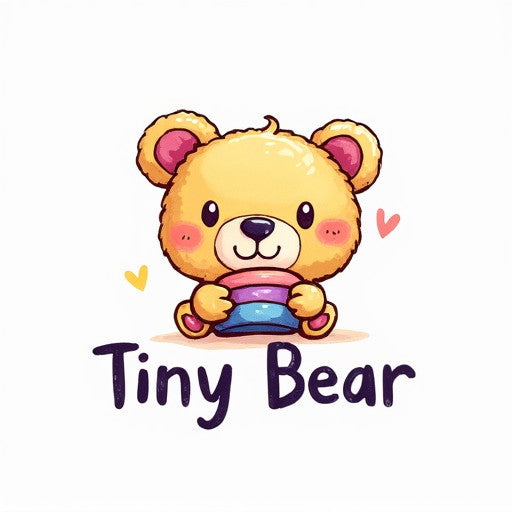
The Importance of Educational and Interactive Toys for Babies and Children.
Share
As parents, caregivers, and educators, we all want the best for the children in our lives. One of the most effective ways to support a child’s development is by providing them with educational and interactive toys. These types of toys are not just for entertainment; they are tools that can foster learning, creativity, and essential life skills from a very young age. Let’s explore why these toys are so important and how they benefit babies and children.
1. Boosting Cognitive Development
Educational toys are designed to challenge a child’s mind, encouraging problem-solving, critical thinking, and memory development. For example, puzzles teach children how to analyze and fit pieces together, while shape sorters help babies learn about spatial awareness and geometry. By engaging with these toys, children build a strong foundation for more complex cognitive tasks later in life.
2. Encouraging Motor Skills
Interactive toys often involve physical actions like grasping, stacking, or pressing buttons. These activities help improve both fine and gross motor skills. For infants, toys like rattles or soft blocks support hand-eye coordination. As children grow, toys that require more precision, like building blocks or threading beads, refine their dexterity and coordination.
3. Fostering Creativity and Imagination
Imaginative play is crucial for a child’s social and emotional development. Toys like pretend kitchens, dolls, or building sets allow children to create their own stories and scenarios. This type of play encourages self-expression, creativity, and the ability to think outside the box, which are essential skills for personal and academic success.
4. Promoting Language and Communication Skills
Interactive toys that incorporate sounds, words, or music can help children develop their language skills. For instance, talking toys or books with interactive buttons introduce new vocabulary and help babies associate words with objects. Role-playing toys also encourage children to engage in conversations, boosting their confidence in communication.
5. Building Emotional Intelligence
Educational toys can also teach important social and emotional skills. Toys that involve taking turns, sharing, or collaborating, such as board games or group activities, help children develop empathy and learn to work well with others. Additionally, problem-solving toys can teach patience and perseverance when children face challenges.
6. Encouraging a Love for Learning
When children engage with educational toys, they learn that acquiring new skills can be fun and rewarding. This positive association with learning can inspire a lifelong curiosity and a desire to explore new ideas and concepts. Early exposure to interactive learning tools helps create a strong foundation for academic and personal growth.
Choosing the Right Toys
When selecting educational and interactive toys, it’s important to consider the child’s age, interests, and developmental stage. Look for toys that:
-
Are age-appropriate and safe.
-
Encourage open-ended play to spark creativity.
-
Focus on specific skills like problem-solving, motor development, or language.
-
Are made from high-quality, non-toxic materials.
Final Thoughts
Investing in educational and interactive toys is more than just buying products; it’s about nurturing a child’s potential and providing them with the tools they need to thrive. These toys play a crucial role in shaping their cognitive, physical, emotional, and social development. By incorporating interactive play into daily life, you’re not only giving children the opportunity to learn but also strengthening your bond with them through shared activities.
Give your little ones the gift of growth, discovery, and joy with educational and interactive toys that inspire and empower them to reach their full potential!
